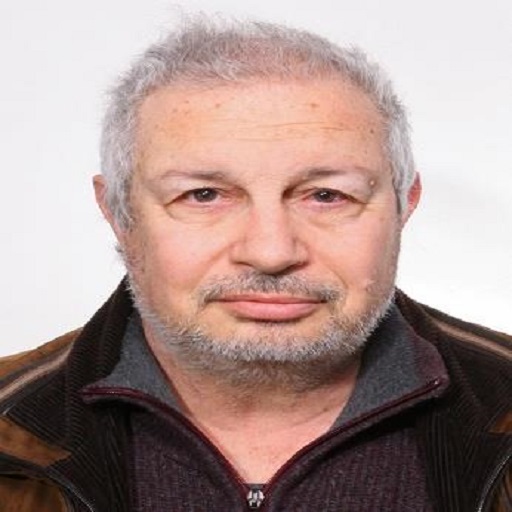Prof. Dimitrios A. Karras

Prof. Dimitrios A. Karras
National and Kapodistrian University of Athens (NKUA), Greece
Title: On Advances and Challenges of Hybrid Deep Fused Learning
Models for Improved Multimodal Medical Imaging and Image
Analysis under complex and demanding Conditions
Abstract: This speech aims to highlight the transformative role of hybrid deep learning frameworks in medical imaging. These models integrate multiple architectures, such as convolutional neural networks and vision transformers, to fuse complementary data from diverse imaging modalities like MRI, CT, and PET. This fusion significantly enhances image quality by capturing detailed anatomical and functional information, enabling superior diagnostic accuracy even in challenging clinical scenarios. Recent advances in multi-objective optimization algorithms have helped address critical issues such as balancing image clarity with real-time processing demands, artifact reduction, and edge preservation. Despite their promising capabilities, several challenges persist. These include managing heterogeneous data sources, ensuring model generalization across varying patient populations and imaging platforms, and addressing computational efficiency for clinical deployment. Additionally, there is a pressing need to embed explainability within these models to foster trust among clinicians and regulatory acceptance. The speech will underscore the importance of ongoing multidisciplinary research efforts to optimize these hybrid models for robustness and scalability. By leveraging complementary strengths of multiple deep learning techniques and innovative optimization strategies, the potential to revolutionize disease detection, treatment planning, and patient outcomes is substantial. Finally, future directions focus on refining models for personalized medicine applications, integrating multimodal biological data, and ensuring seamless clinical translation under complex and demanding medical imaging conditions. Real-world case studies as well as recent research results by the speaker will illustrate the practical applications of these advanced models, showcasing their impact on clinical workflows and patient outcomes. The ultimate goal is to foster dialogue on optimizing these technologies for enhanced precision in diagnosis and treatment planning, paving the way for improved patient care in an increasingly data-driven medical environment.
BIO: Full CV